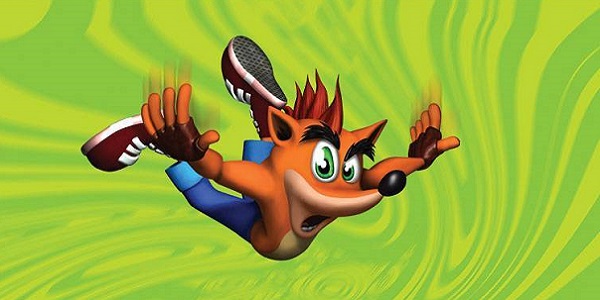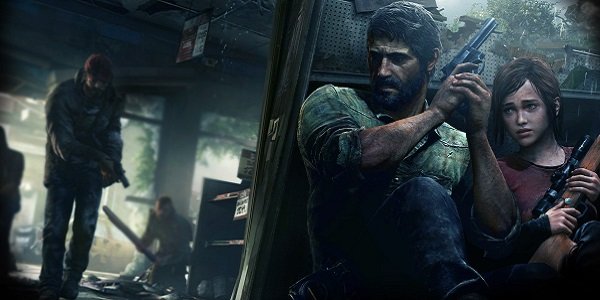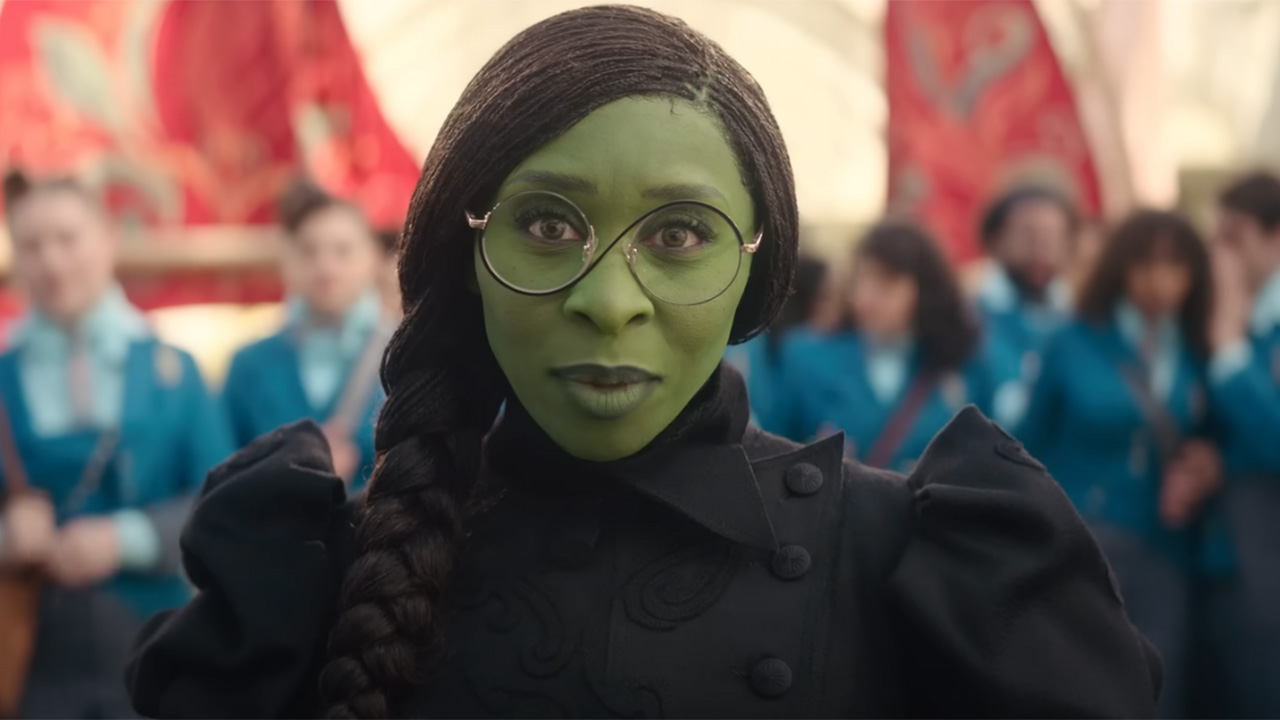Why Aren't Games Fun Anymore?

“Remember when games used to be about having fun?” Get a group of adult gamers together and that’s a question that’s likely to pop up in the conversation at some point. The fact of the matter is, games haven’t really changed all that much. The person playing the game is the major variable in that equation, and it’s mostly our own fault if we’re not having fun anymore.
Tastes change over time. It’s a simple fact, but it’s one of the factors that contribute to the idea that games are no longer as much fun as they used to be. I look back on my younger years spent in front of the NES, SNES and original PlayStation quite fondly, pining for those days of brighter colors, more direct action and less bullshit getting in the way.
While more mature narratives weren’t on offer too often back in those days, I doubt I would have been interested in exploring them anyway. The games I was playing featured cartoon bandicoots, killer clowns driving ice cream trucks and Bomberman. Lots and lots of Bomberman. Even when a more mature game made it onto my TV screen (Metal Gear Solid or Resident Evil, for instance), I was more interested in the super cool ability to choke dudes out or run screaming from an undead dog than worrying about the gritty storyline, political commentary or whether or not the UI was clean or the mechanics polished to a shine.
I played the games for the simple joy of playing them. My young brain easily wrapped itself around whatever the game had to offer—no matter how flawed—allowing me to adapt instantly to tank controls, cheesy dialogue or plot holes so big you could drive a tank through them. None of that stuff really mattered to 6-to-17-year-old Ryan.
As I got older, my interest in more “serious” games began to grow. But even though my tastes have changed, I don’t think that playing The Last of Us or The Walking Dead has all that much to do with my thinking that games aren’t as much “fun” as they used to be. Those games are entertaining in their own right, and I don’t think that the lack of cheesy grins, goofy animations or those bright colors I was talking about earlier are to blame for my shift in perception.

I chalk up that change to two main factors. First, I started caring about the industry that makes the games as much as the games themselves. Second, I started becoming more involved with the wider community of folks who played said games, almost exclusively thanks to the rise of the internet.
It’s kind of ironic that a growing interest and love for the hobby is what creates this diminishing return in the “fun” department, but there you have it. It’s like the old saying goes: Ignorance is bliss. Before I cared about narrative, DLC policies, dialed-in controls and what my peers also thought about a particular game, my mind was left unburdened and free to simply enjoy whatever I was playing.
Your Daily Blend of Entertainment News
I spend a lot of time writing games news, but I spend even more time reading it. I frequent game sites, developer blogs and forums galore; eagerly absorbing every piece of information I can clap my peeper on. The result of that effort is knowledge, and the result of that knowledge is just as hurtful as it is uplifting. For every awesome story about an indie developer’s passion project being released is another story about $6 character skins, sketchy season passes or a company closing its doors.
Back when I was only playing the games, I was blissfully unaware of all of the stuff going on behind the scenes. I’d play a game and think, “That was fun! I hope there’s a sequel!” Eventually I’d move on to other games and never even think about whether or not that sequel was ever coming down the pipeline.
Nowadays, I’d hear the horror stories about how difficult it was to get that game to market, how broken the rushed product turned out to be in the end and how, after poor sales or mismanagement, the studio was shut down and that game—which the younger me would have probably played and loved—is dead in the water and more or less hated by all.

Being a part of the greater gaming community only makes those feelings worse, especially since a very vocal portion of that community seems to be full of venom for no real reason beyond causing harm. I prefer to judge things on their own merit, with a controller in hand, but I know for a fact that my mind is frequently swayed these days by the way the rest of the community responds to something.
I’ll be excited for a game that’s releasing in a few months, for instance, which leads to my digging up every article, preview and forum post I can find on the thing. I’ll see the latest trailer and think, “That looks pretty sweet.” Then I make the mistake of reading the comments only to discover folks picking the trailer apart, explaining why it proves a game is going to suck and mocking the very things that I thought looked the most interesting. It’s easy to say, “Screw em. I’ll make up my own damn mind,” but even then, some of that negativity manages to sneak through the cracks, slowly knocking dings into that building excitement I was initially feeling.
The same goes for after a game launches. I try to spend some time with a title before reading reviews or hopping back into the forums, which is typically when things go horribly wrong. A game I was enjoying just fine gets torn to pieces by critics or verbally trounced by the community and, even if I try to remind myself that it only matters if I’m having a good time, again, a little bit of that negativity starts to bleed in and tarnish my experience.
I realize how hypocritical this must sound coming from a guy who works in the very industry I’m talking about, but maybe that will serve as a reminder that we’re just like everyone else. Some of us have stronger opinions or are more critical than others, but we’re all fans of the industry and, yeah, sometimes we get conflicted or question the nature of beast.
In my own writing, I try to be honest and give my take on things, but I know that the only thing that should really matter to the reader is how they personally feel about the game, or the news item, or the studio, etc. I guess you could say that one of my resolutions for 2015 is remembering that this is a two-way street. I want to start having fun again, and I think that’s going to require that I stop taking everything so damn seriously. I'm not going to stop keeping myself informed about this industry that I love, I'm just going to do my best to keep that knowledge from harming my enjoyment.
Staff Writer for CinemaBlend.

